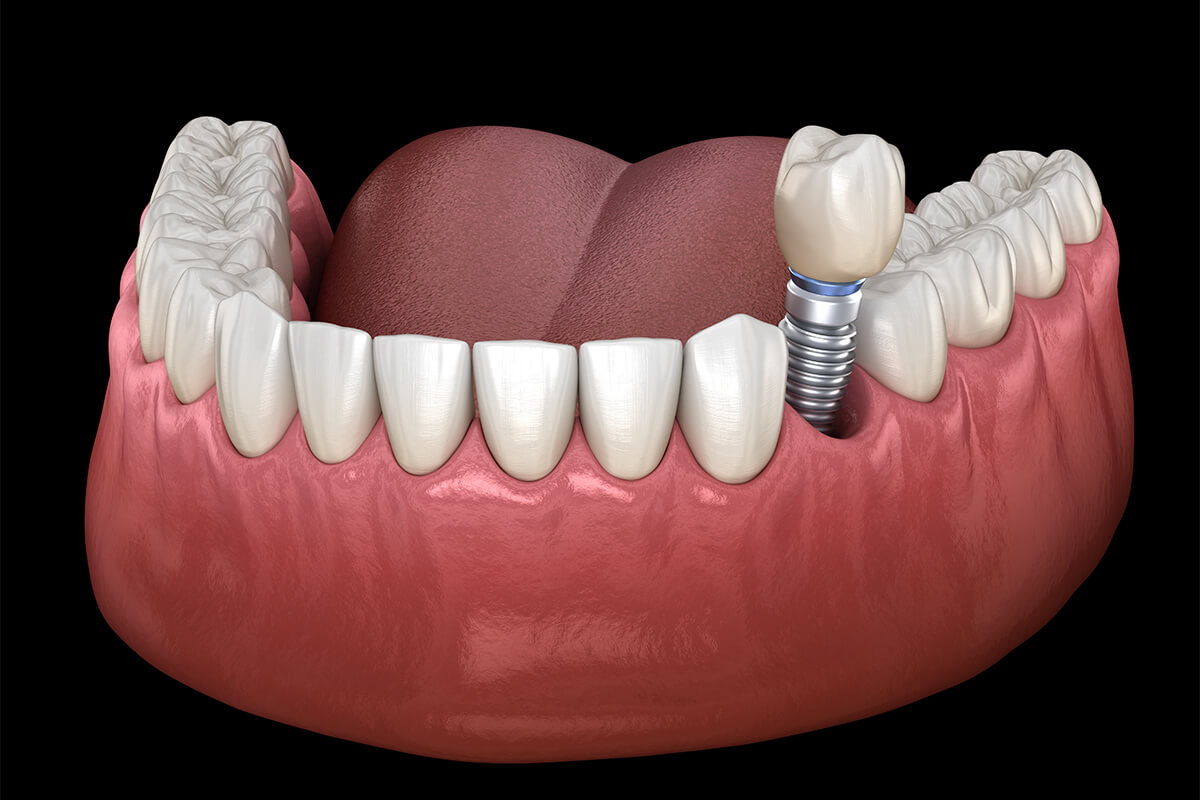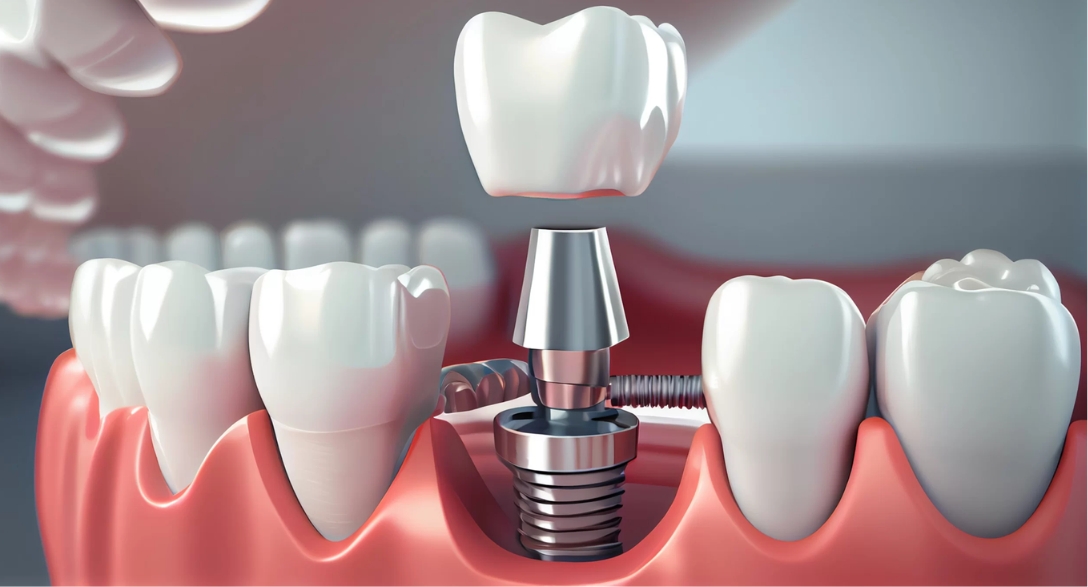Call Us Today 817-737-7668

Studies show that nearly 5 million people undergo wisdom teeth removal in the United States every year. And this number is only increasing. With so many people losing a tooth, you might come across a few stories on how disastrous this removal has proved for them. Many of them opt for dental implants after the tooth extraction surgery to reverse the effects. So it’s natural that you also wonder whether you need implants post-surgery or not. But it’s not a ‘one size fits all’ approach. Let’s walk you through what matters when it comes to wisdom teeth, and whether a dental implant is ever necessary afterward.
What are Wisdom Teeth?
Let’s start with the basics: wisdom teeth are your third set of molars. People in their late teens or early twenties mostly get them. But the massive shift in our diet, from raw meat to cooked foods, means people don’t need them anymore. Many people don’t even have enough room in their mouths to support them.
That’s why wisdom teeth removal has become one of the most common oral surgeries.
Is a Dental Implant Needed in Place of a Wisdom Tooth?
Most patients function just fine without a dental implant post-wisdom tooth removal. They witness no change in their bite or smile appearance.
But it’s not true for everyone. Some experience a shift in teeth around the surgery site. Without a dentist’s assistance, this shift can impact your speech, bite, and chewing ability. When a patient undergoes such an ordeal, a dental implant can be the perfect solution to reverse the situation. Implants help your jawbone maintain space between teeth, function as usual, and maintain jawbone integrity.
What Happens After Wisdom Teeth Removal?
Post-surgery, the focus remains on recovery from pain and swelling. Your dentist will recommend a diet rich in soft foods, ample rest, and keeping the area clean. This recovery timeline usually remains within 7 days for most patients. The swelling and discomfort drop in 3 to 5 days.
If jawbone loss becomes a concern after removal, dental implants help preserve bone in that part of the mouth. Otherwise, these spaces close naturally with time.
When Would a Dental Implant Be Considered?
There are a few exceptions where a dental implant might be discussed after a wisdom tooth extraction. These include:
- The tooth wasn’t a wisdom tooth, but another molar misidentified
- The wisdom tooth had replaced a molar lost early in life
- The removal affects neighboring tooth alignment or chewing
Even then, your dental team in Alliance would assess the area, check your bite, and use imaging to see if an implant makes sense. But again, this is uncommon.
Still, every mouth is different. If you’re unsure whether a dental implant is right for your case, talk with our dentist. We can help you make the right call based on your health.





